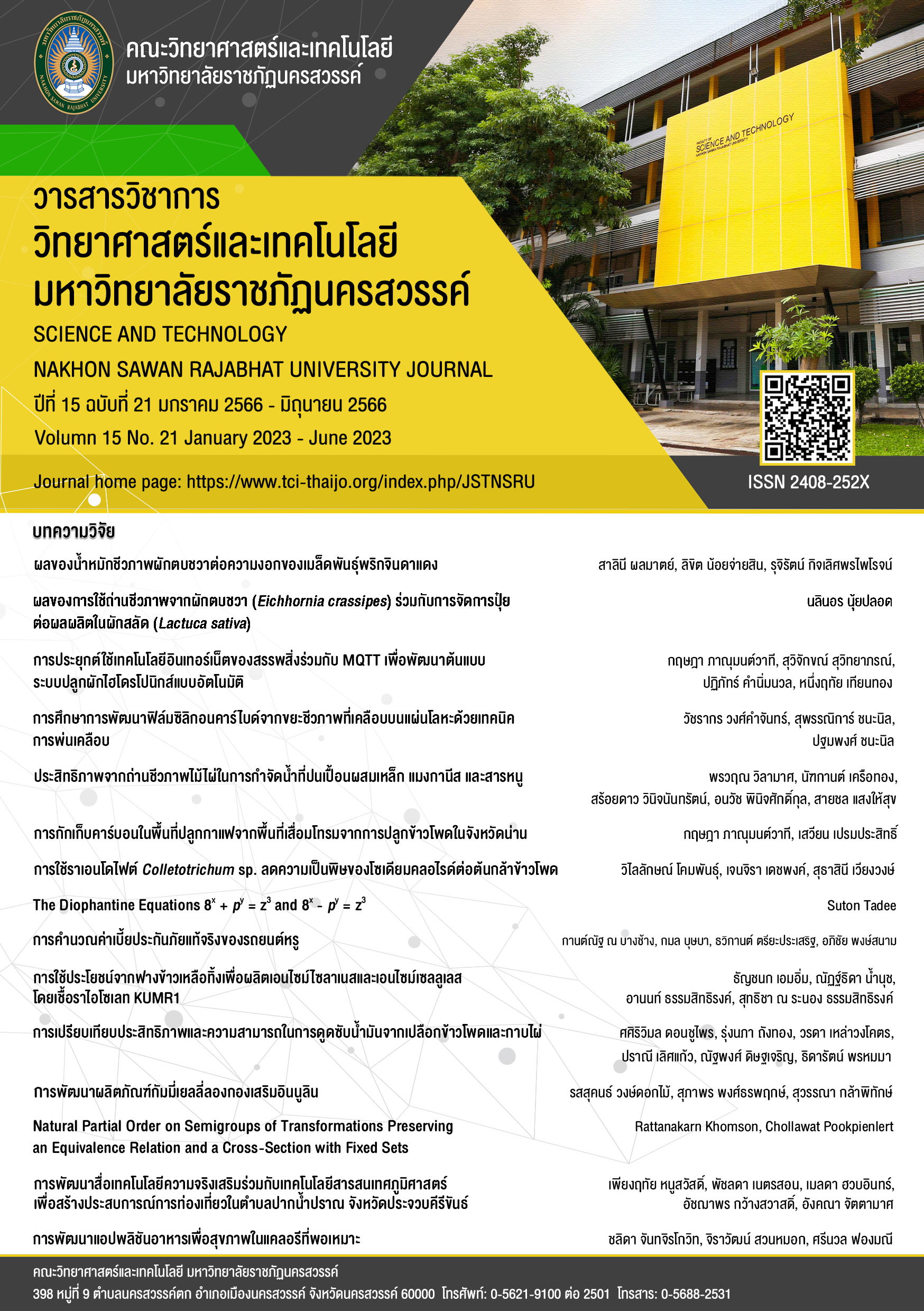The The Diophantine Equations 8^x+p^y=z^3 and 8^x-p^y=z^3
Keywords:
Diophantine equation, non-negative integer solutionAbstract
Let be a prime. In this paper, we show that all non-negative integer solutions of the Diophantine equation
are of the following form
, where
is a non-negative integer. All non-negative integer solutions of the Diophantine equation
are of the form
, where
References
Bacani, J. B. & Rabago J. F. T. (2015). The Complete Set of Solutions of the Diophantine Equation p^x+q^y=z^2 for twin primes p and q . International Journal of Pure and Applied Mathematics, 104(4), 517-521. http://dx.doi.org/10.12732/ijpam.v104i4.3
Burshtein, N. (2017). All the Solutions of the Diophantine Equation p^3+q^2=z^3 . Annals of Pure and Applied Mathematics, 14(2), 207-211. http://dx.doi.org/10.22457/apam.v14n2a1
Burshtein, N. (2018). The Infinitude of Solutions to the Diophantine Equation p^3+q=z^3 when p,q are primes. Annals of Pure and Applied Mathematics, 17(1), 135-136. http://dx.doi.org/10.22457/apam.v17n1a15
Burshtein, N. (2020). On Solutions to the Diophantine Equations p^x+q^y=z^3 when p,q are Primes and 0http://dx.doi.org/10.22457/apam.v22n1a03679
Burshtein, N. (2021). All the Solutions of the Diophantine Equation p^3+q^y=z^3 with Distinct Odd Primes p,q when y>3. Journal of Mathematics and Informatics, 20, 1-4. http://dx.doi.org/10.22457/jmi.v20a01188
Chotchaisthit, S. (2012). On the Diophantine Equation 4^x+p^y=z^2 where p is a Prime Number. American Journal of Mathematics and Sciences, 1(1), 191 – 193.
Mina, R. J. S. & Bacani, J. B. (2019). Non-Existence of Solutions of Diophantine Equations of the Form p^x+q^y=z^2n . Mathematics and Statistics, 7(3), 78-81. http://dx.doi.org/10.13189/ms.2019.070304
Qi, L. & Li, X. (2015). The Diophantine Equation 8^x+p^y=z^2 . The Scientific World Journal, 2015, 1-3. http://dx.doi.org/10.1155/2015/306590
Suvarnamani, A. (2011). Solutions of the Diophantine Equation 2^x+p^y=z^2 . International Journal of Mathematical Sciences and Applications, 1(3), 1415 – 1419.
Downloads
Published
Issue
Section
License
Copyright (c) 2023 SCIENCE AND TECHNOLOGY NAKHON SAWAN RAJABHAT UNIVERSITY JOURNAL

This work is licensed under a Creative Commons Attribution-NonCommercial-NoDerivatives 4.0 International License.



